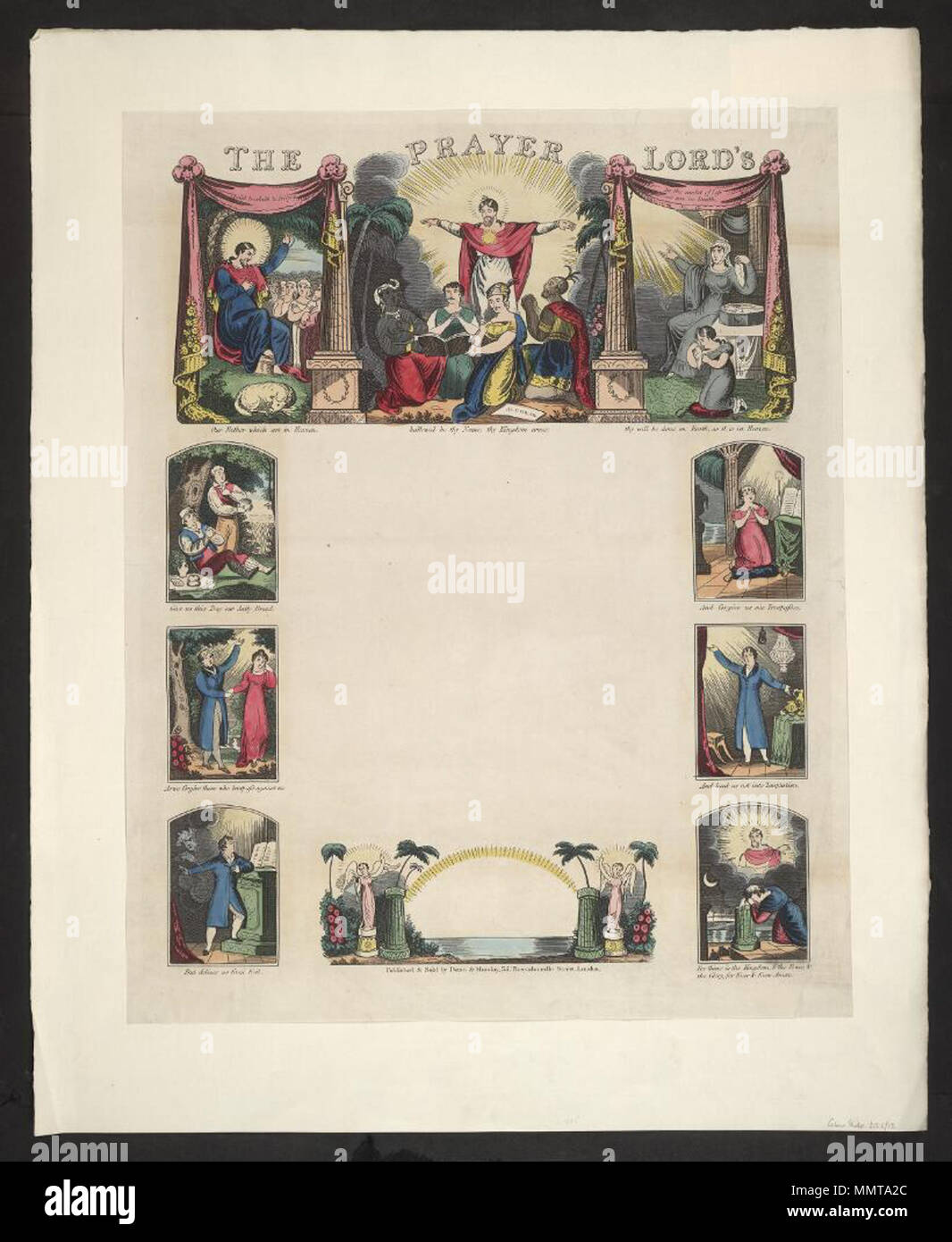

Participants also agreed that Jesus used “abba,” an informal term for “father,” to address God in prayer. That would have been well after Jesus’ Crucifixion about AD 30 and before the writing, after AD 70, of the Gospels. Scholars at the Atlanta meeting tended to agree that the prayer likely derives from the religious community that composed the “Q” document in the mid-1st Century. The wording varies, however, in Luke and Matthew. Scholars generally believe that those two Gospel writers got the prayer from a source, never found but labeled “Q” by researchers. The Lord’s Prayer appears in two of the four Gospels: Matthew (6:9-13) and Luke (11:2-4). Marianne Meye Thompson, who teaches the New Testament at the evangelical Fuller Theological Seminary in Pasadena, said, “I think most scholars would concede that the Gospels are paraphrases of Jesus’ teaching.” But she added that “I am not sure the seminar is doing the church a favor.”įunk said that the seminar might get an angry reaction on the latest vote from fundamentalist Christians, who believe in a literal reading of the Bible. Kingsbury, of Union Theological Seminary in Richmond, Va., added that when scholars try to go behind the Gospel representations of Jesus they work “in a very nebulous area.” “If the public thinks that the scholars are being destructive rather than constructive, then the seminar will have done the church a disservice,” said Jack Dean Kingsbury, a New Testament specialist within mainline Protestant scholarship. They said the provocative findings would instead “drive a wedge” between biblical scholars and the church. However, two scholars not involved in the Jesus Seminar expressed concern in interviews Monday that reflects a general unease by many moderate Christians with the unprecedented voting method and its effects on the average churchgoer.

More than 100 scholars have participated in voting sessions since 1985. Robert Funk, seminar founder-director and a former president of the Society of Biblical Literature, said the twice-yearly meeting attempts to reach a consensus on the core of teachings by Jesus to further scholarship and to introduce the public to research rarely heard outside scholarly circles.

Seminar members voted this way on the Lord’s Prayer as a whole: Three said it came from Jesus, six said it probably came from him, 10 said it probably did not and five said it did not.


 0 kommentar(er)
0 kommentar(er)
